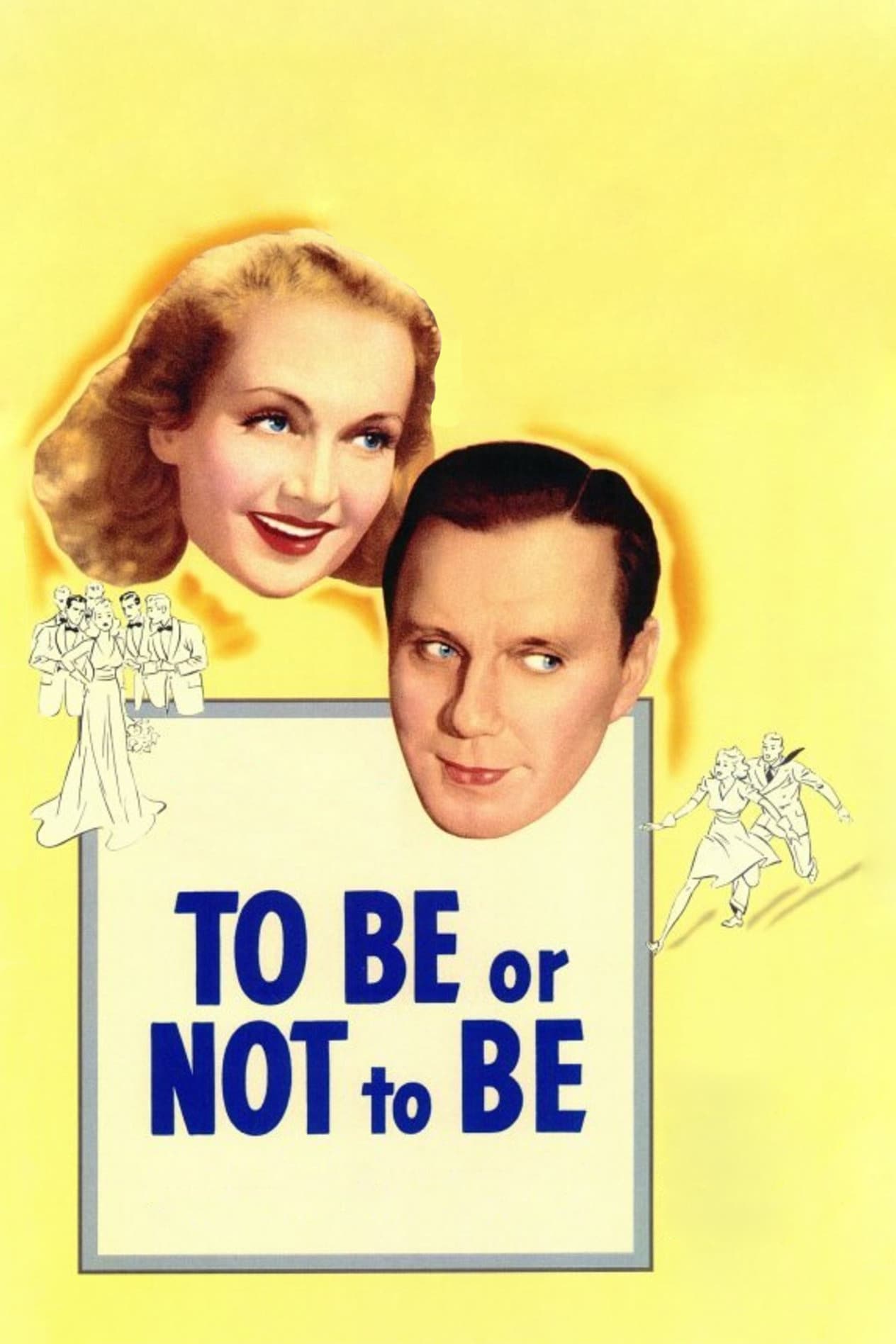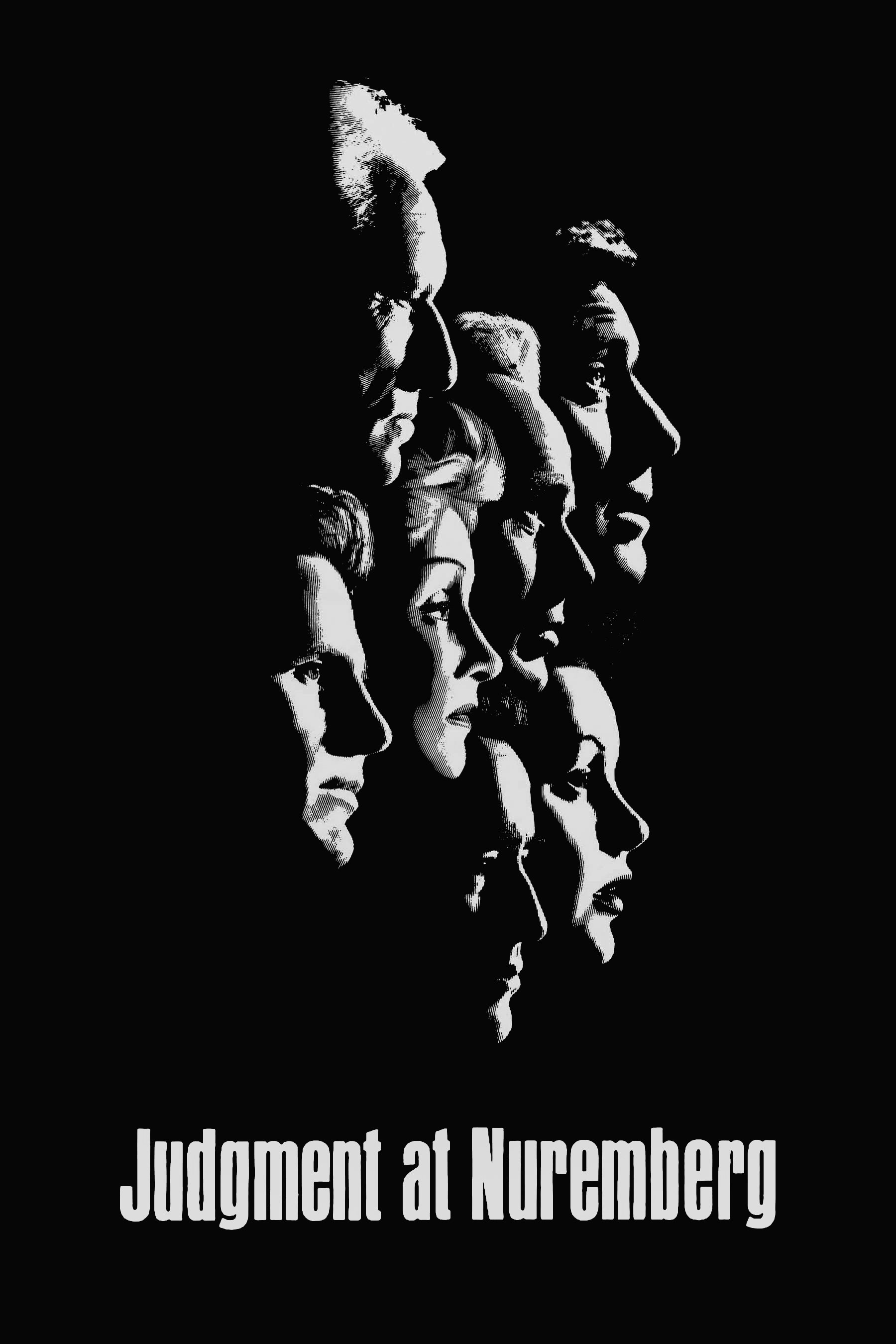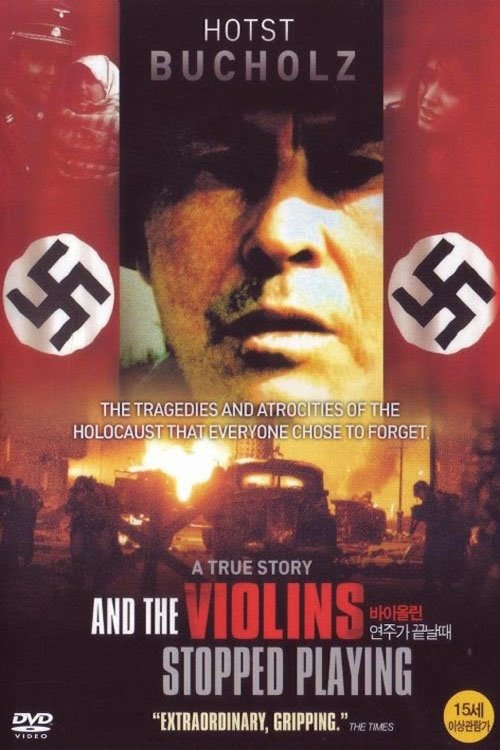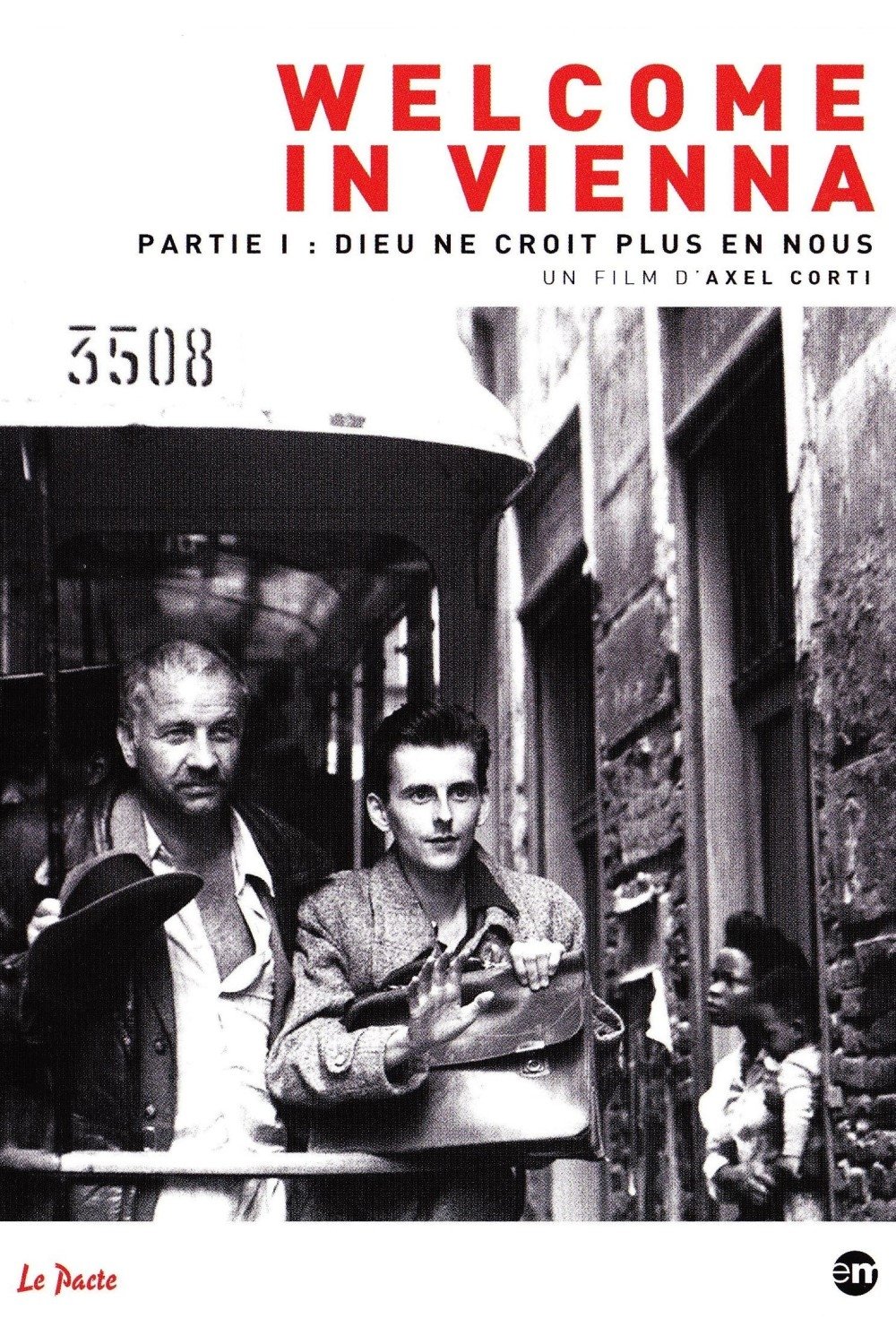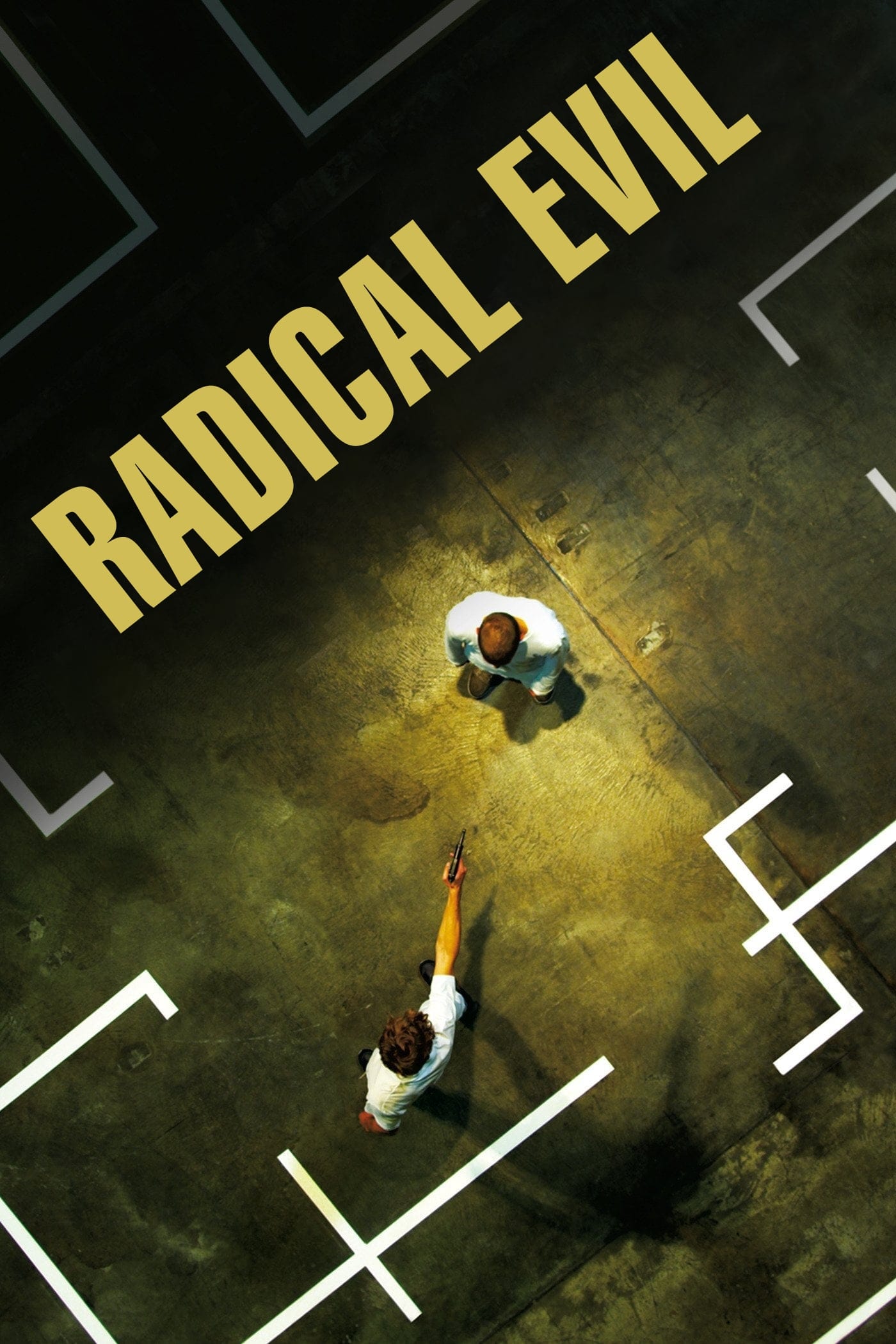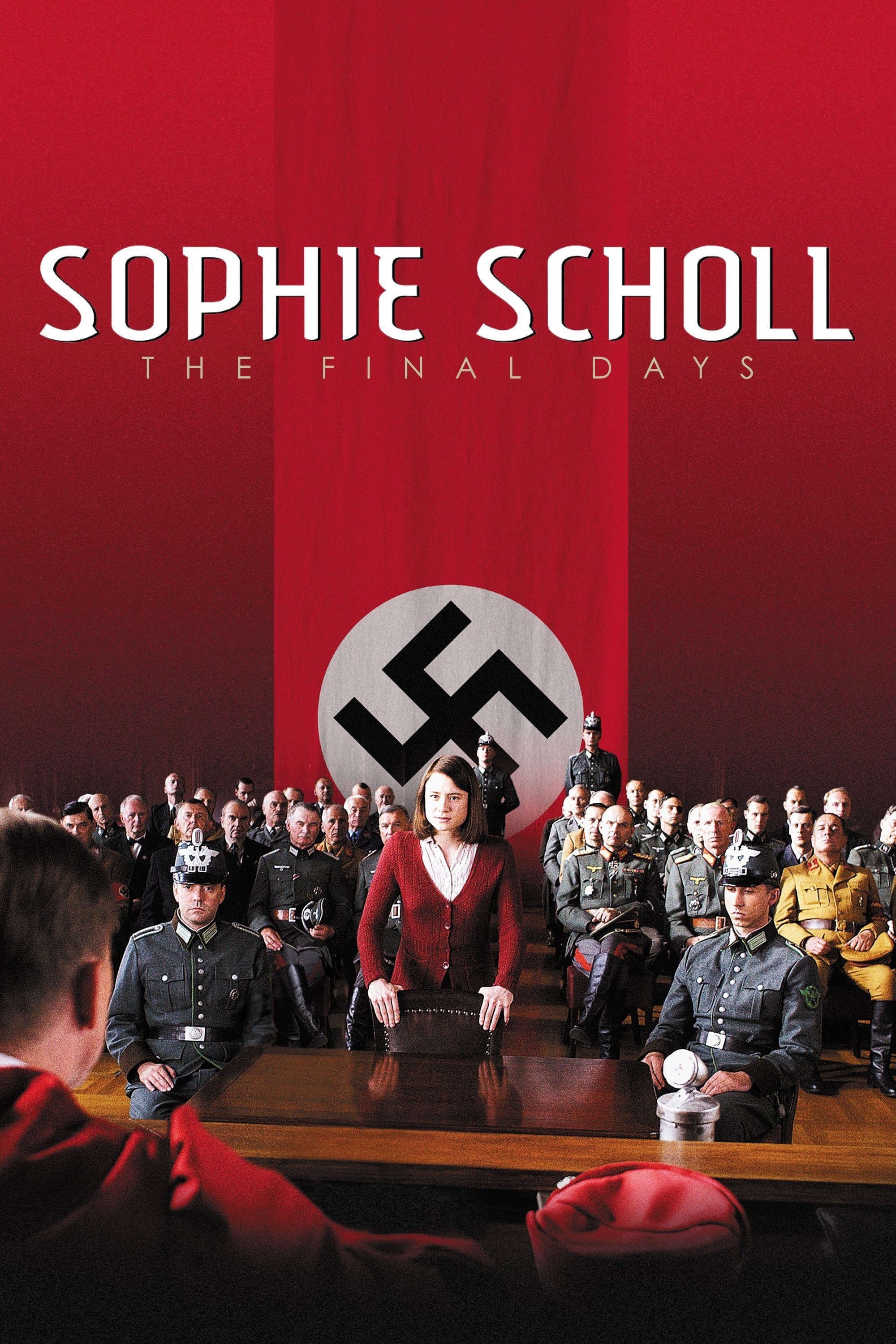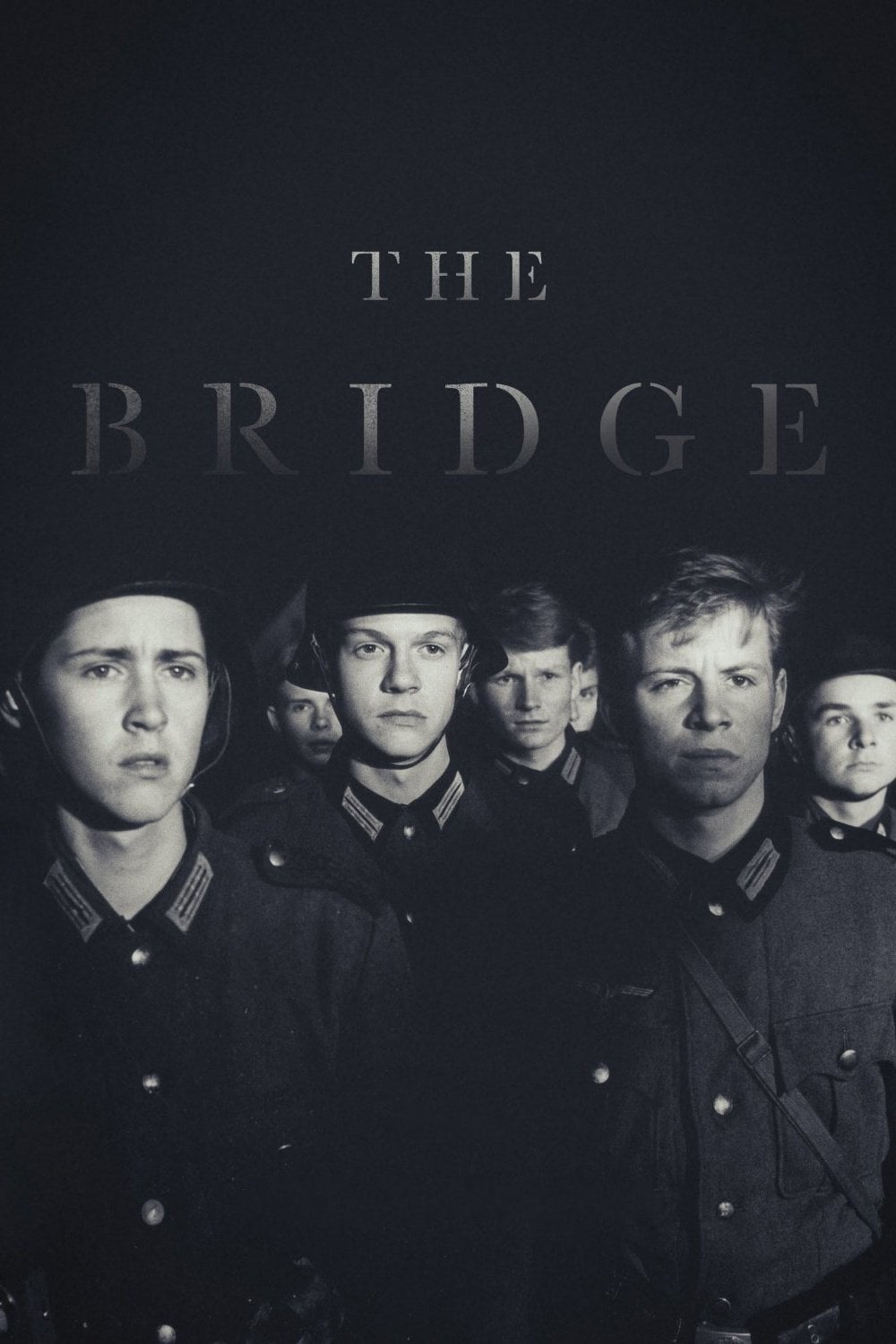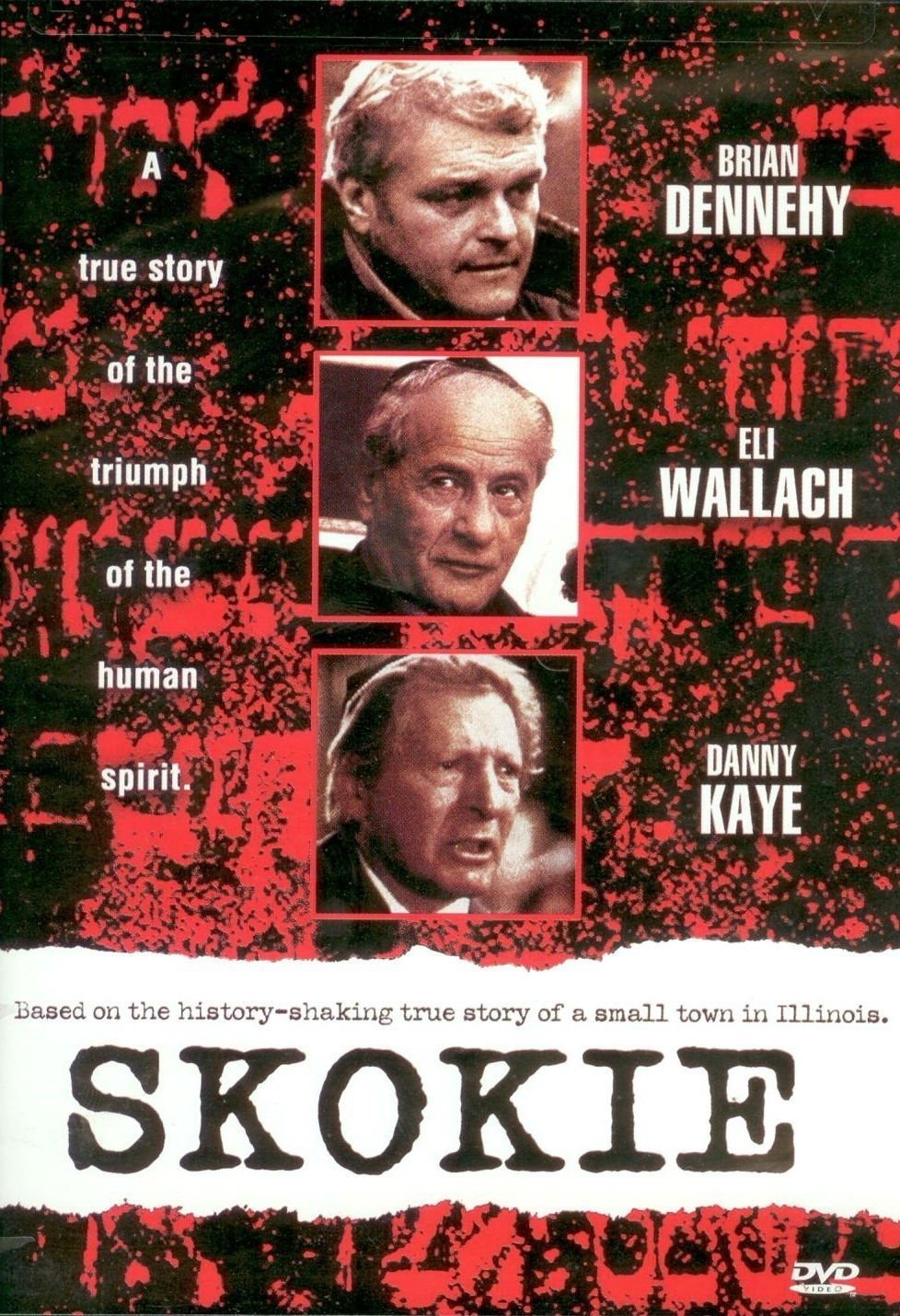
Double Headed Eagle: Hitler's Rise to Power 1918-1933 (1973)
Released:
1973-04-06
Duration:
1hr 33min
Rating 8.0
Overview
Presents a unique and disturbing look at the rise of the Nazi party. The documentary, directed by Lutz Becker, attempts to remain as objective as possible, serving as a neutral observer of the years 1918 through 1933 in Germany. Via newsreel footage and clips of features from the era, the film offers a kaleidoscopic view of the many elements that fueled the rise of the Socialist Nationalist Party, including post-WWI poverty. Hitler occupies a central place in the documentary.
Production Companies
Additional Info
| Budget | $0.00 |
|---|---|
| Revenue | $0.00 |
| Original Language | en |
| Popularity | 0.392 |
Directed By
Lutz Becker
TOP CAST

Adolf Hitler
Self (archive footage)

